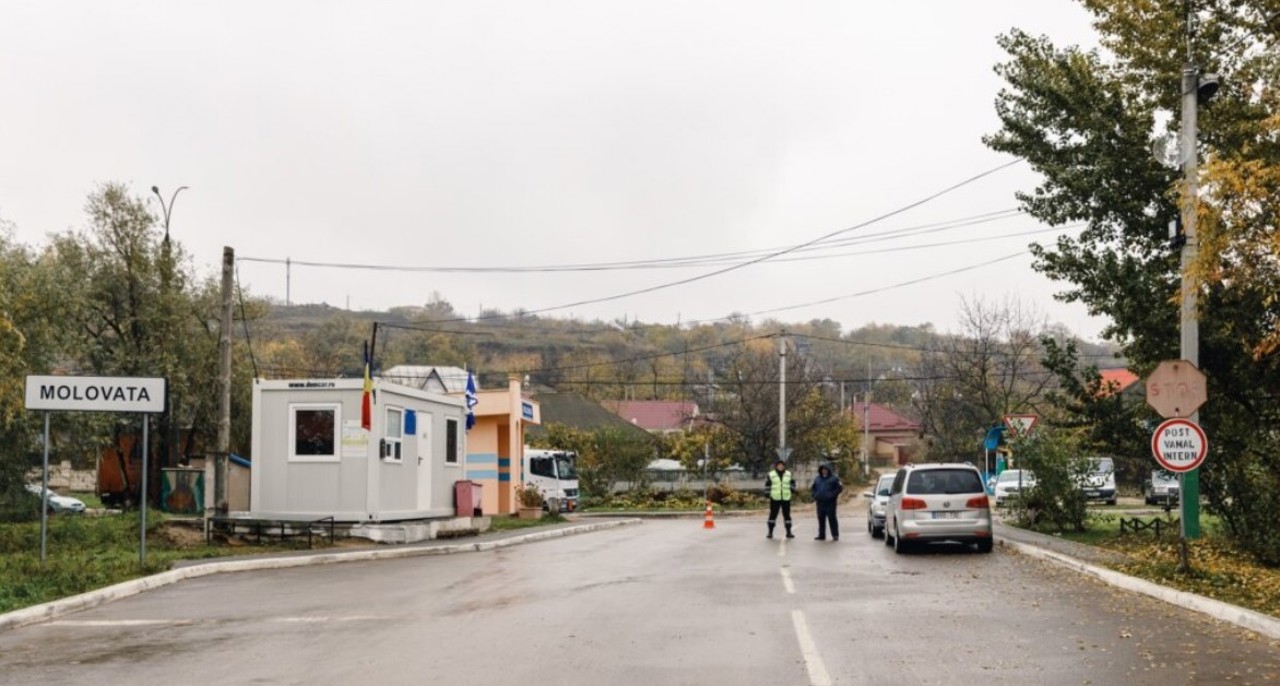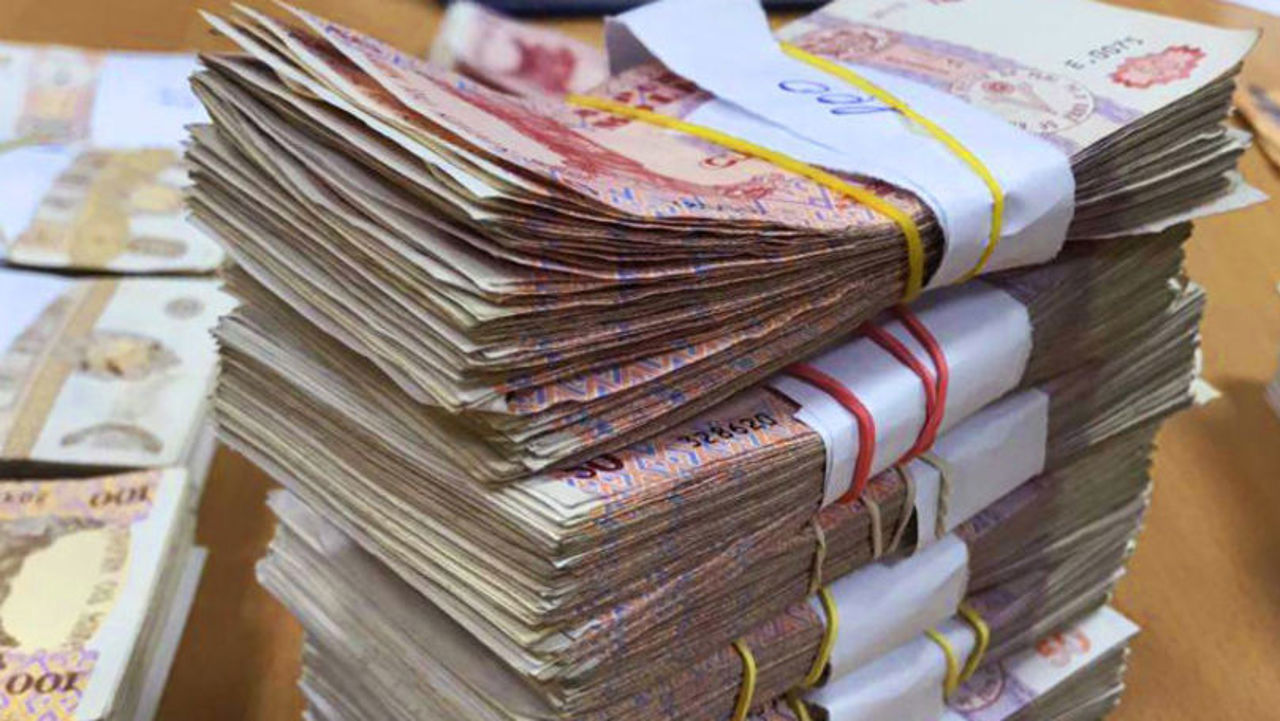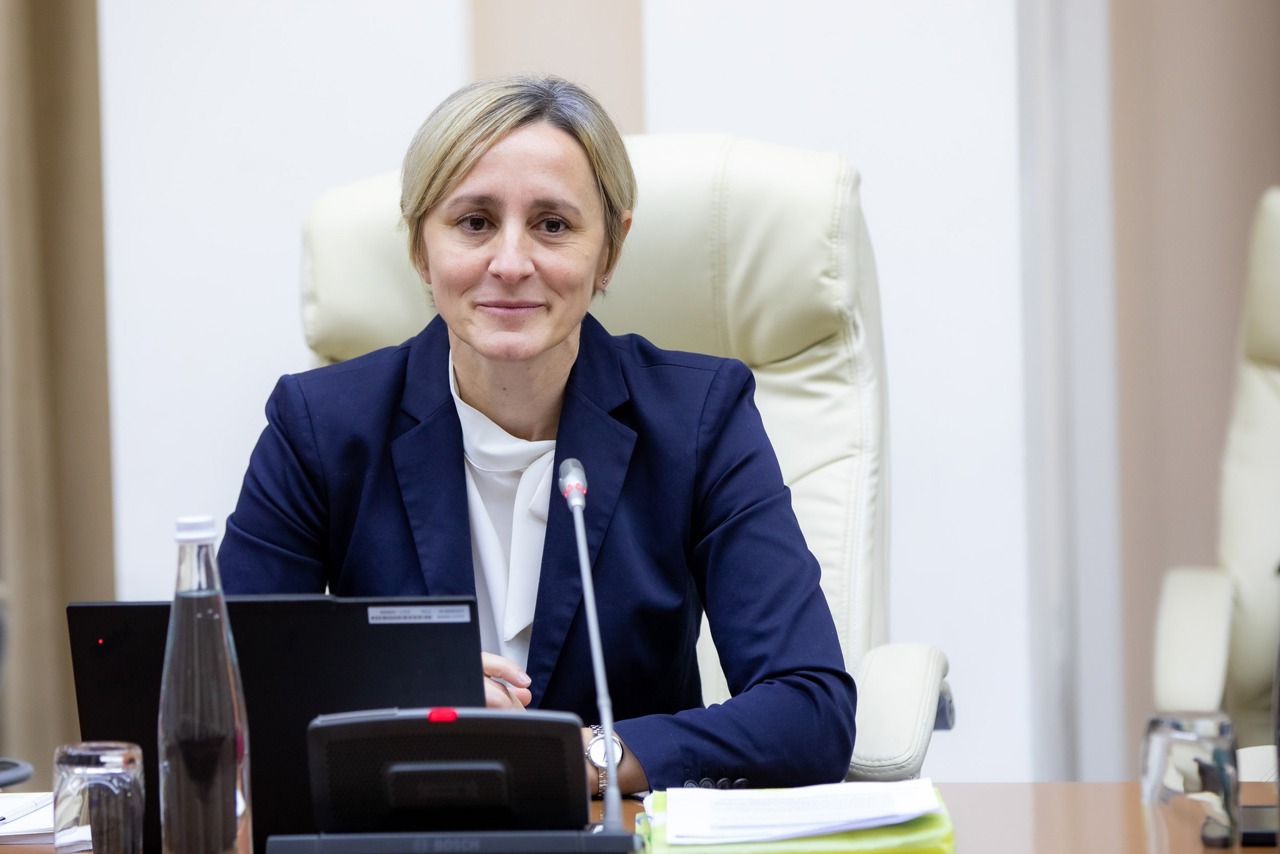Transnistria Trade: Moldova Seeks Economic Unity
Economic agents on the left bank of the Dniester are unaffected by the implementation of the new customs code, Sergiu Harea, president of the Chamber of Commerce and Industry of the Republic of Moldova, told Rlive.

He explained that previously customs duties were paid to the unconstitutional authorities in Tiraspol, and now they are transferred to the state budget of the Republic of Moldova.
Sergiu Harea also said that there are currently about 60 members of the Chamber of Commerce and Industry operating on the left bank of the Dniester.
“The Republic of Moldova conducts 80 percent of its foreign trade in a preferential regime, without customs duties. This includes the European Union, the CIS countries, Turkey, the CEFTA countries, and more recently, the EFTA countries. Only 20% of imported products are subject to customs duties, which are not that high. If you are in an economic space, I reiterate that you are in a common economic space with us, we are one country, then you benefit from certain things in this space. When you export, you do not pay customs duties. We need to put economic agents on both banks of the Dniester on an equal footing,” the CCI president said.
On January 1, amendments to the Customs Code came into force, under which economic agents from the Transnistrian region will pay import duties, the same as other companies in the Republic of Moldova.
Previously, Deputy Prime Minister for Reintegration Oleg Serebrian said that about 120 million lei could be collected in the state budget of the Republic of Moldova if customs duties are applied retroactively to economic agents on the left bank of the Dniester for 2023.
Translation by Iurie Tataru





